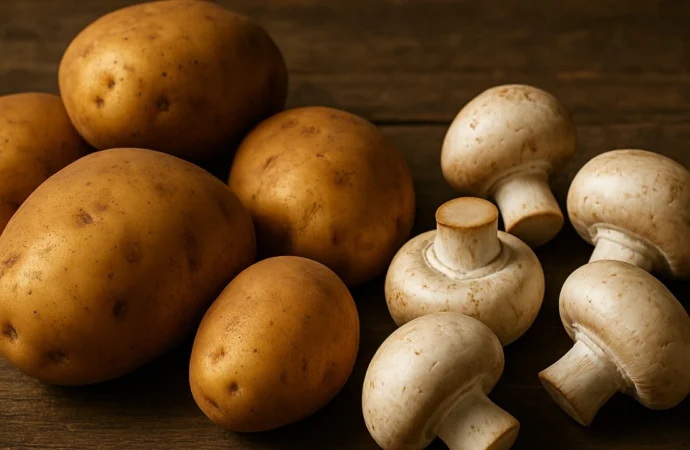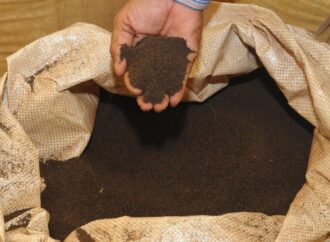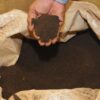Key Development
India, one of the world’s largest producers of legumes and protein-rich crops, faces a severe protein deficiency crisis. A recent Indian Market Research Bureau survey shows 73% of Indians fail to meet daily protein requirements, with only about 10% achieving adequate intake. This gap stems from dietary habits, economic constraints, cultural factors, and poor infrastructure. To tackle this, scientists at the Food Technology and Science Institute (FTSI) under TCG CREST in Kolkata are working on an innovative solution—plant-based proteins derived from potatoes and fungi—that could redefine how India meets its nutritional needs.
Why India Needs Alternative Protein Sources
India grows plenty of protein-rich crops, yet bioavailability—the body’s ability to absorb these proteins—is low. According to Dr. Parthasarathi Bhattacharya, head of FTSI, the shortfall occurs due to:
-
Low intake of protein-rich foods
-
Poor absorption of plant proteins
-
High cost of animal proteins
With over half the population being vegetarian, the challenge is even greater. Staples like pulses offer limited absorption, and India’s heavy reliance on imported pulses further strains accessibility and affordability.
Potatoes and Fungi: The Next Protein Frontier
FTSI researchers are turning humble ingredients into high-quality protein solutions.
-
Potatoes, despite having only 2% protein, offer superior protein quality comparable to meat. Scientists are testing potato-based milk, ice creams, and more to make these proteins consumer-friendly.
-
Fungi, grown in controlled bioreactors, can produce high-protein mushrooms and paneer-like alternatives, adding variety to vegetarian diets.
To overcome poor absorption, FTSI is integrating probiotics, postbiotics, and AI-driven gut microbiome analysis to design better postbiotic compounds, blending biotechnology, artificial intelligence, and food science to enhance digestion and nutrition.
Towards Self-Reliant Protein Production
India currently imports 70% of protein isolates for supplements and functional foods, mainly from China, Australia, and Canada. FTSI aims to change this by creating locally produced, high-quality protein products. The institute is developing next-generation foods like vegan protein bars, sugar-free shakes, fibre-rich gummies, and protein-enriched kulfis—products that combine health benefits with indulgence. Backed by TCG Group, FTSI is moving beyond research into commercial prototypes. By adding bioavailable plant proteins to Indian diets, the goal is better nutrition at affordable prices. Soon, potatoes and mushrooms could become game-changers in India’s fight against protein deficiency, powered by science, innovation, and sustainability.
Source: FoodTech News
 Food Manifest
Food Manifest 

















